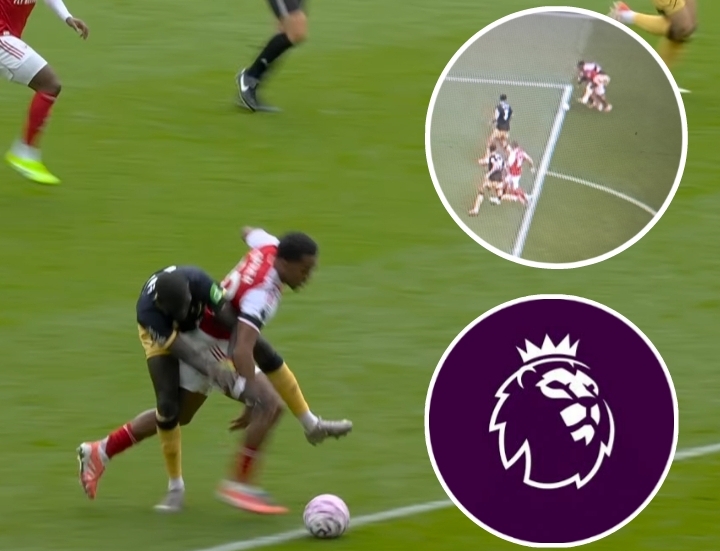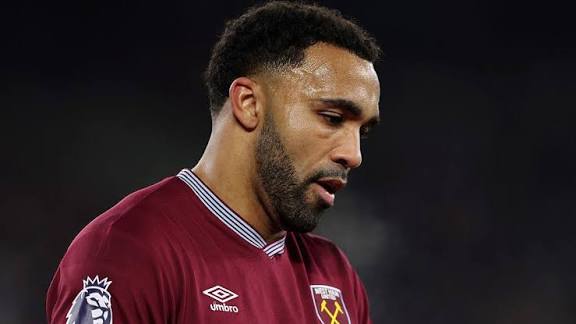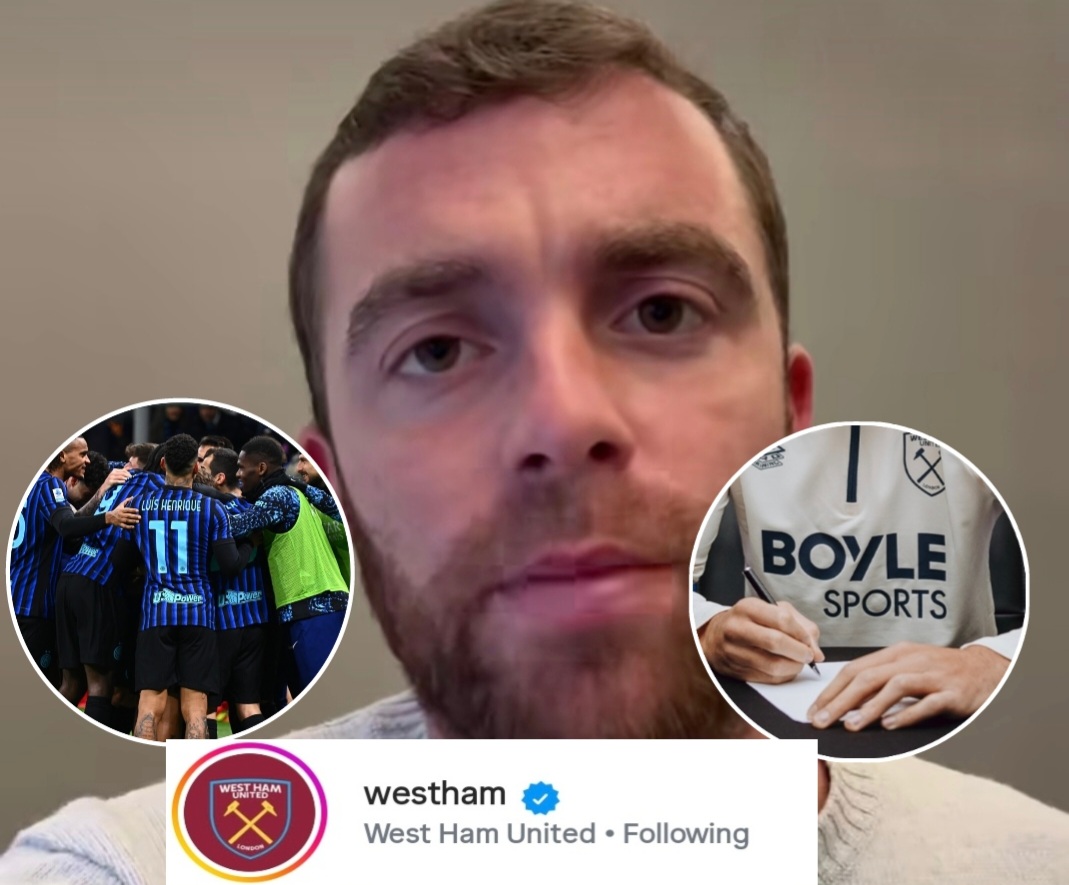PREMIER LEAGUE ISSUE STATEMENT AFTER WEST HAM CONTROVERSY, VAR DECISION CALLED WORST EVER AS FANS ARE IN TOTAL DISBELIEF
In what has rapidly become one of the most debated referee moments of the season, the Premier League has broken its silence following Arsenal’s 2–0 victory over West Ham at the Emirates Stadium on Saturday, 4th October 2025 — a match overshadowed by a controversial penalty call and blistering criticism over VAR intervention.
The Match, The Call, The Fallout
Arsenal’s victory marked a bittersweet evening for Mikel Arteta, who celebrated his 300th match in charge of the Gunners. The win lifted them to the summit of the Premier League. But it is not the result that has dominated headlines — it is what happened before the second goal.
In the 67th minute, Arsenal were awarded a penalty after a challenge in the box involving Jurrien Timber. Bukayo Saka stepped up and coolly converted the spot-kick — but the build-up raised eyebrows among pundits, fans, and rival supporters alike.
The main flashpoint: whether the foul began outside the area, thus rendering the spot-kick decision legally questionable, and whether the on-field decision should have been overturned by VAR. Some observers have gone as far as calling it the “worst VAR decision ever.”
West Ham, however, were largely on the defensive — failing to muster a single shot on target across the 90 minutes. Their inability to exert any pressure fueled suspicions that the match officials had swung momentum against them.
Premier League Issues Statement — A Sign of Pressure
In response to the backlash, the Premier League released a statement acknowledging the volume of criticism and insisting that the relevant review bodies were assessing the decision. While the official wording was measured, the implication was clear: the league recognizes the scale of the uproar.
Though the league did not call the decision “plain wrong,” it stressed the mechanisms in place for critical examination of contentious calls. This is a rare public nod to the magnitude of dissent.
It bears noting that in past controversial refereeing episodes — for example, a West Ham penalty call in a different match last season — the league also issued statements to calm tensions and reaffirm its integrity in the face of public scrutiny.
Whether the statement placates critics or fuels further debate will depend entirely on subsequent disciplinary or corrective actions from the match officials’ oversight bodies.
—
VAR Under Fire — Was This the “Worst Ever”?
To many fans and analysts, this is more than a simple refereeing error — it feels emblematic of broader failings in the VAR system. Criticism coalesces around a few recurring grievances:
1. Subjectivity vs. “clear and obvious” — One of the guiding principles of VAR is that only blatant, unambiguous mistakes should be overturned. Detractors argue that this Timber challenge didn’t meet that threshold and that intervention was overreach.
2. Inconsistent interpretations — Similar challenges in other matches have seen different outcomes. This perceived inconsistency erodes confidence in the system.
3. Lack of transparency — Viewers, commentators, and fans are rarely privy to the VAR conversations or logic. Without clarity, suspicions of bias or error grow louder.
4. Emotional context — Because this was Mikel Arteta’s milestone match, and because the rivalry with West Ham is bitter, the stakes were higher — heightening the sense that the officials’ decisions carried outsized influence.
Former referees and pundits have openly slammed the decision, arguing that if VAR is meant to correct mistakes, this was not a case for correction — only compounding an already marginal call.
On the Field: The Star Performers and Injury Alarms
Away from the controversy, there was plenty to talk about:
West Ham never got going, failing to register a single shot on target, and looked sluggish and one-dimensional throughout.
For Arsenal, depth was again tested and passed — but the fear of accumulating injuries looms over an already grueling campaign.
Beyond the Headlines: What This Means for Refereeing Trust
This incident isn’t just a flashpoint — it’s a warning signal. Fans and clubs alike are questioning whether VAR, in its current form, can be trusted to deliver fair outcomes consistently. The Premier League’s statement, though cautious, hints at recognition of that anxiety.
If no meaningful change follows — whether in accountability, transparency, or protocol — the gulf between supporters and officiating may deepen. Already, this has become fodder for social media outrage, heated debate on punditry panels, and internal pressure within PGMOL (the professional referees body).
In many ways, this is a test: can the system admit error, correct course, and rebuild public faith — or will it be another headline about the failings of technology in the beautiful game?








Post Comment